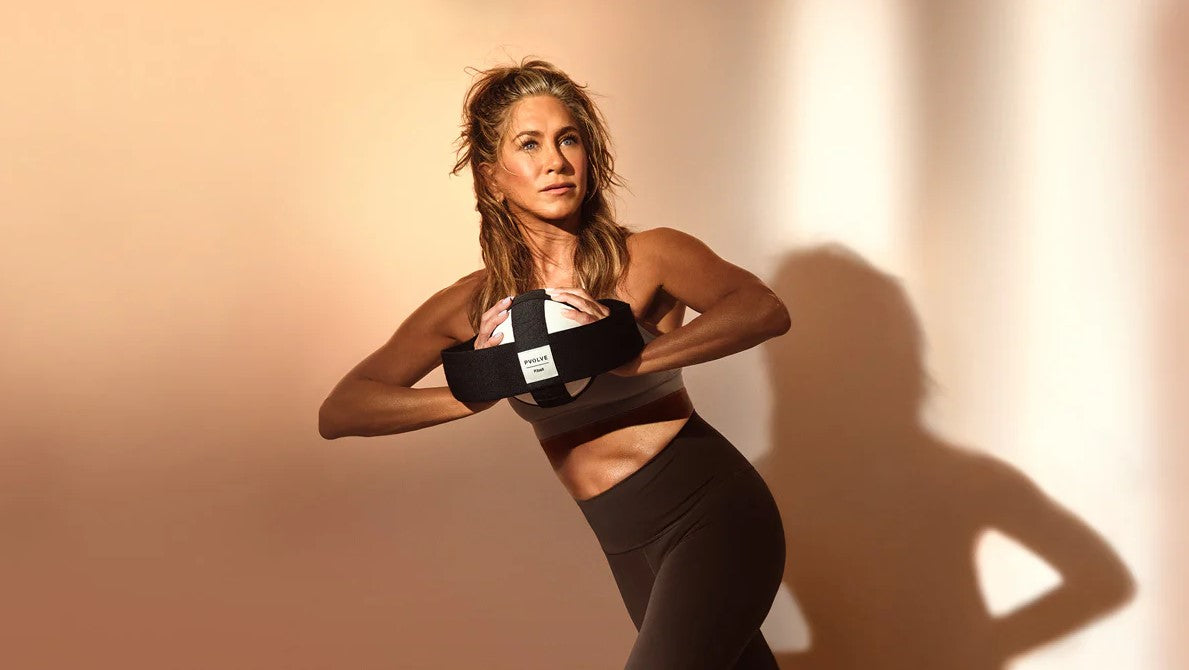
From Hollywood to hormones: Jennifer Aniston and science redefine menopause fitness
|
|
Time to read 3 min
|
|
Time to read 3 min
Strength training is one of the most effective ways for women to take control of their health during menopause. As hormone levels fluctuate and gradually decline, many women experience muscle loss, bone thinning, and changes in balance and mood.
But there’s good news - resistance training offers powerful, research-backed benefits that can help you feel strong, confident, and energised at every stage of menopause.
A new study from the University of Exeter brings exciting news: menopause doesn’t hold you back from building muscle. Resistance training can significantly boost strength, flexibility, and balance - regardless of whether you're pre-menopausal, peri-menopausal, or post-menopausal.
Researchers studied 72 healthy women across the menopause spectrum and found that those who engaged in low-impact resistance training saw measurable improvements in muscle mass and overall mobility.
One of the key aspects that made this research stand out was the use of the Pvolve resistance training program - a low-impact method co-developed by actress Jennifer Aniston, who is also an investor in the company. Aniston, now in her 50s, credits the method for helping her stay fit and resilient through midlife. Her involvement helped draw attention to the study, making it one of the most widely shared pieces of menopause fitness research to date.
Participants either followed the UK guideline of 150 minutes of moderate activity per week or completed a 12-week Pvolve program. The results were impressive:
Oestrogen plays a key role in maintaining muscle tone, bone density, and coordination. As its levels naturally decline during menopause, women may experience muscle atrophy, joint stiffness, and reduced balance.
This is exactly what the Exeter study confirmed—women at every stage of menopause experienced measurable physical benefits from resistance-based training, proving its importance as a tool for health maintenance through this life stage.
While building muscle is a major perk, the positive impact of resistance training extends far beyond the gym floor. Here’s how incorporating it into your routine can support your health on every level:
Dr. Francis Stephens, lead researcher at the University of Exeter, highlighted that women often experience a “decline in their muscle strength and balance shortly before, during, and after menopause.”
With a noticeable increase in falls and fractures later in life, Dr. Stephens stressed the importance of maintaining a strength training routine to help reduce these risks. She added:
“The great thing about these simple resistance exercises is they can easily be performed at home, and we’ve now shown they’re effective at improving strength and balance in women during and post-menopause.”
Menopause is a natural transition—but it doesn't have to mean a decline in strength or vitality. As shown in the University of Exeter study (with support from Jennifer Aniston and Pvolve), resistance training has been scientifically proven to support your body through hormonal shifts.
By building muscle, strengthening bones, and improving balance, strength training can help you move through menopause feeling stronger, more stable, and in control. Whether you're entering perimenopause or already post-menopausal, it’s never too late to start—and thrive.
